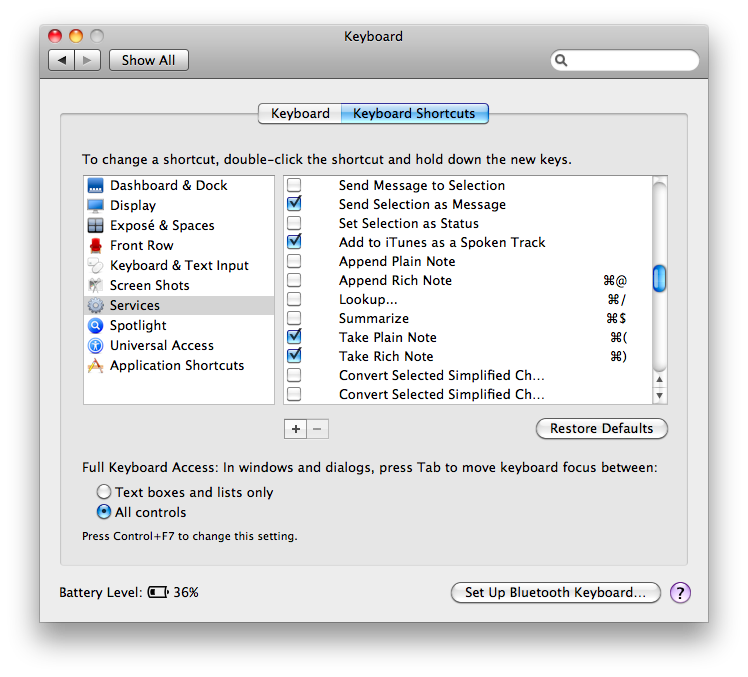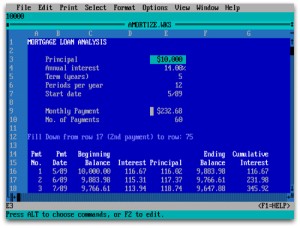If I hit traffic at the wrong time, I can be in the car up to an hour each day traveling from home to my office and back. Sure, I like music, but just not that much. It seems a bit mindless after awhile. Talk radio? Even more mindless.
So I listen to a lot of audiobooks, podcasts, lectures from iTunesU and other sources—you get the idea. I import them into iTunes and then I transfer them to my iPhone.
You've heard the old saying, "Necessity is the mother of invention." Well, for me this afternoon, it was the mother of discovery. See, I'm teaching a six-week Wednesday night class at my Baptist church on understanding and dialoguing with Jehovah's Witnesses. Just as I do with my Sunday morning Bible study, I like to over-prepare. Certainly, I don't mind saying, "I don't know the answer to that; I'll get back to you," but I'd prefer not to if I don't have to.
So this afternoon, as I was packing up to drive home, I thought to myself, I wish I had an audio book about Jehovah's Witnesses to listen to on my commute home. I wondered if there was something cheap at christianaudio.com. There wasn't. I also looked at a couple of other places.
Then, from the far recesses of my mind, I had this vague memory of reading about Mac OS X Snow Leopard's ability to convert text to iTunes spoken audio. See, I knew I had content because I knew I had Zondervan's Dictionary of Cults, Sects, Religions and the Occult in Accordance. The question was how to convert it to audio.
First I found the article in Accordance. After highlighting all the text, I right-clicked on it. Nothing in the contextual menu. Accordance has been able to "read" text verbally for a long time. Most Mac applications can, but that wasn't what I was after. I wanted to make an automatic recording. Then, I remembered—it was part of Mac OS X's Services menu. But looking there, I saw nothing related to converting speech to text. However, I did see Services Preferences. Clicking that, I got this dialogue box:
 Noticing the fourth option in the right pane above (it was technically under the "Text" section), "Add to iTunes as a Spoken Track," all I had to do was check the box.
Noticing the fourth option in the right pane above (it was technically under the "Text" section), "Add to iTunes as a Spoken Track," all I had to do was check the box.
Going back to Accordance with my text selected, I went to the Services menu and chose that option. A little gear showed up in my menu bar and began turning. Then iTunes came to the front and displayed a message that it was converting the text into audio. Then, it was through. Of course, I had no idea where it was. I finally found it under Music with the title "Text to Speech." I looked at the length. I had an a 1 hour and 17 minute audio track! I changed the name to "Jehovah's Witnesses."
How long did it take to create it? I went back and created it again, this time using the timer on my iPhone to keep track of how long the process took. It took approximately two minutes! To gain some perspective, I copied the text of the article from Accordance to my clipboard and then pasted it into Word. That produced a 30 page, single-spaced document (with a space between each paragraph).
So think about this—a thirty page document converts to an hour and 17 minute audio track, and it only took two minutes to create!
Of course, I know what you're thinking. You're thinking, Yeah, but you have to listen to that mechanized computer voice. You're right, but so what? I've got my speech voice in Mac OS X set to "Alex," and while professional audiobook readers have nothing to worry about, the voice itself has very much improved over the years. Plus, I've spent countless hours of my life listening to people drone on in academic settings using lesser-sounding voices (that's meant as humor).
Regardless, the possibilities here are endless. This opens up whole new doors. In Accordance alone, I have more material than I could probably ever read in my life anyway: books, theological journals, reference works, Bibles and more. Further, the ability to convert any text to an iTunes audio track works with any text on my computer, regardless of the source. So, if it's an article from the internet, PDF, word processing document—they can all be converted to audio tracks which can be transferred to my iPhone.
What great technology! I also assume that with time, the speech synthesis quality will improve, too. In the meantime, Alex will have to do.
 Wednesday, November 25, 2009 at 5:49PM
Wednesday, November 25, 2009 at 5:49PM  Thanksgiving in
Thanksgiving in  Faith & Reason
Faith & Reason 



 This post is adapted from
This post is adapted from 



